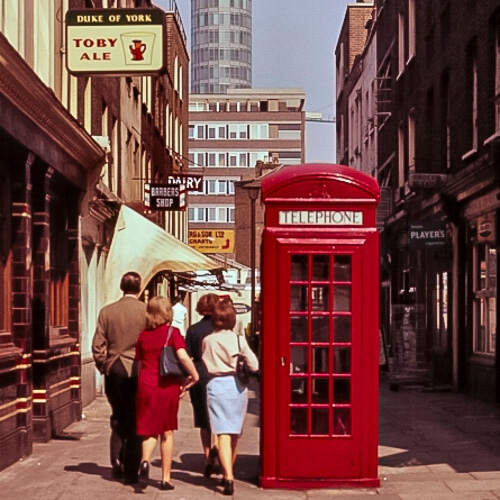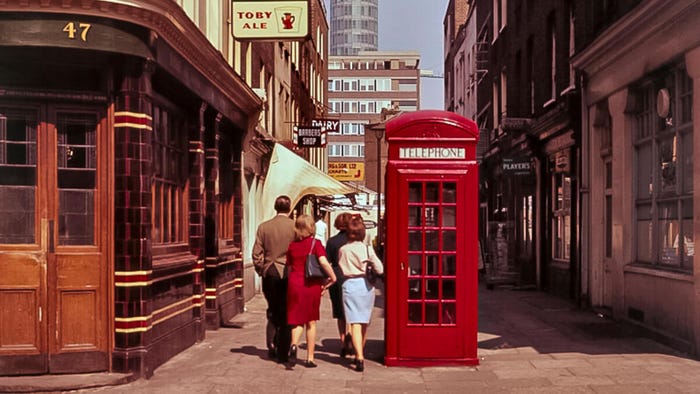BT shares slide on Q1 dip, heated broadband rivalry
The UK incumbent nonetheless continues to make quiet progress in trimming costs.

From the outside looking in it was a bad day at the office for BT CEO Philip Jansen. French billionaire Patrick Drahi, who recently hoovered up a 12.1 stake in the UK incumbent for £2.2 billion (US$3.1 billion), was probably not exhibiting much bonhomie either.
At the start of today's trading on the UK's FTSE 100, BT's share price was 176 pence. At the time Light Reading last looked (late afternoon), it had slumped by nearly 8% (although it was lower an hour or two earlier).
One thing apparently spooking investors was a worse‑than‑expected top-line performance for fiscal Q1 (ended June 30). At a shade over £5 billion ($7 billion), it was a 3% drop compared with the same quarter the year before.
Figure 1:  Don't look back in anger: BT's Q1 results disappointed investors, causing shares to slide.
Don't look back in anger: BT's Q1 results disappointed investors, causing shares to slide.
(Source: BT)
The long-troubled Global unit, serving multinational customers, was once again a drag. Turnover fell a hefty 21%, year-on-year, to £785 million ($1.1 billion). BT pinned some of the blame on "more challenging than expected market conditions resulting from COVID-19," the impact of prior-year divestments, and a £39 million ($54.5 million) hit due to foreign exchange fluctuations.
BT Enterprise didn't have a great Q1 either when measured by sales, posting a 5% year-on-year dip to £1.29 billion ($1.8 billion). New products, said BT, were unable to offset declines in legacy ones (fixed voice sales fell by 8%). Another jolt for BT brokers and investors was an announcement by rival Virgin Media O2 that it intends to expand its fiber network to more than 14 million homes and businesses over the next seven years.
Jansen, however, seemed unfazed by this new development. Speaking to analysts, as reported by Reuters, he said the move made "complete sense.”
"We've already got 5 million [premises] built, with 1 million connections; we'll have 25 million built by December 2026," continued BT's CEO. "The country needs two top quality companies delivering the best technology."
Better news on earnings
Behind the headline-grabbing turnover miss and the prospect of much-heated broadband competition, BT reported a better-than-expected 3% rise in adjusted EBITDA, to £1.87 billion ($2.61 billion).
Want to know more about optical? Check out our dedicated optical channel here on
Light Reading.
BT Consumer, which accounted for nearly £2.4 billion ($3.4 billion) of Group Q1 revenue (1% year-on-year increase), registered a 4% rise in adjusted EBITDA, to £523 million ($730 million). The uptick was attributed to a mixture of revenue growth, lower indirect commissions (following the expiry of the retail agreement with Dixons Carphone in the previous year) and "tight cost management."
A 6% rise in adjusted EBITDA at BT Enterprise, to £429 million ($599 million), was also apparently driven by lower costs. Adjusted EBITDA at the Global unit, however, slumped by 28% to £102 million ($143 million).
Related posts:
— Ken Wieland, contributing editor, special to Light Reading
Read more about:
EuropeAbout the Author(s)
You May Also Like












